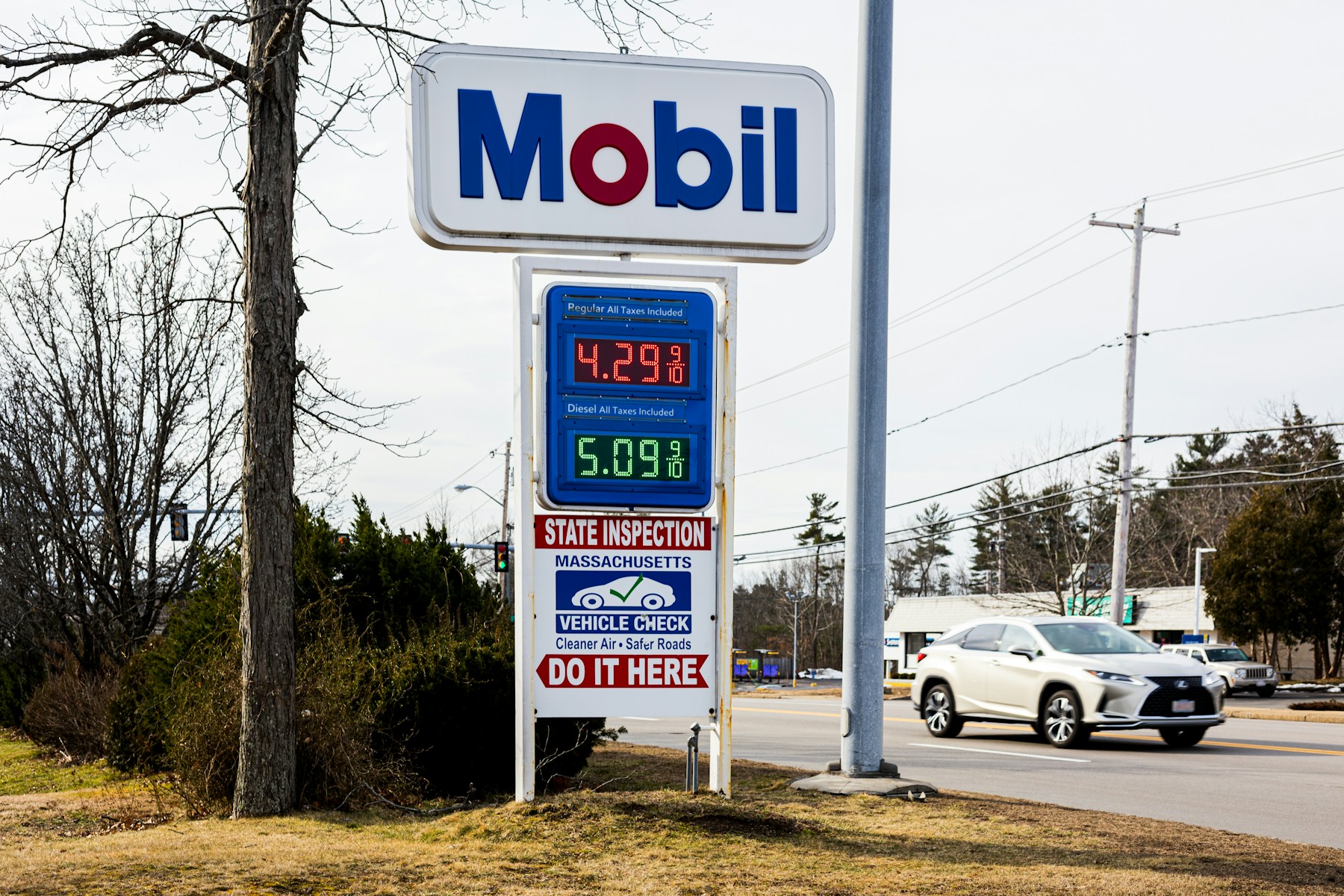TALLAHASSEE — Florida regulators issued subpoenas to a Palm Beach Gardens-based ratings agency last month to force it to justify its “dire predictions” for the state’s insurance market.
Weiss Ratings founder Martin Weiss wrote in October that homeowners insurers are “on the brink of a collapse” and that homeowners are at a “high risk” of not being paid for their claims related to hurricanes Helene and Milton.
The Office of Insurance Regulation demanded that Weiss and his company turn over any emails, text messages and other records that back up those statements by Nov. 30.
“We take our responsibility to protect consumers very seriously, and we will not ignore any potential warning signs,” the cover letter from Deputy Commissioner Sheryl Parker states.
Weiss said he hasn’t decided whether to comply. His statements, which were posted on his company’s website, were protected by the First Amendment, he said.
He said he’s had a good relationship with Florida officials in the past and had offered to help regulators in any way he could. He doesn’t know why they didn’t ask for the information first.
“All they had to do is give us a call, just send us an email,” Weiss said.
The subpoena was issued using a state law that gives regulators broad authority to investigate the insurance market.
“Weiss’ agency claims to be independent and thorough, and if they really want to warn consumers about their dire claims, they should have no problem answering this subpoena,” agency spokesperson Kylie Mason said in a statement.
Weiss’ company financially rates cryptocurrencies, insurance companies, banks and other companies. Unlike most ratings agencies, companies don’t pay for ratings. That financial model has given him more freedom to criticize insurers — a 1992 New York Times headline called him “the bad boy of insurance ratings.”
But his subscriber newsletters can take on a conspiratorial tone, such as warning of the federal government taking over Americans’ bank accounts. In 2006, his company paid $2.1 million to the Securities and Exchange Commission to settle claims he misled subscribers about the performance of some investments.
His company has also bucked the industry during Florida’s insurance crisis.
Unlike insurers and the agencies that rate them, Weiss has questioned the effectiveness of legal reforms approved by Gov. Ron DeSantis, which made it harder for consumers to sue insurance companies.
In June, Weiss released never-before-seen data from 2022 showing that Floridians had the lowest chance of getting paid when filing a homeowners insurance claim, with more than a third closed without payment.
Weiss also noted that subsidiaries of State Farm and Allstate — two critical players in Florida’s shaky insurance market — closed nearly half of their claims last year without making a payment, the highest rate among private insurers. He told the Times/Herald that insurers were “stiffing their customers.”
On Tuesday, the Times/Herald reported that Weiss calculated that state-run Citizens Property Insurance had the highest rate of closing claims of any insurer in Florida last year, at 50.4%.
Citizens did not dispute the data. On Thursday, Chief Insurance Officer Jay Adams told a Citizens board that it “makes sense” that the company would have a high rate of closing claims without payment because it’s insuring some of the riskiest policies in the state.
Adams said the story was “misleading.” He said the high rate of claims closed without payment is because of high hurricane deductibles and denied claims stemming from flood damage, which isn’t covered by Citizens. He also said the company gets claims from “confused” former customers who don’t know to contact their new, private insurer. He couldn’t give a precise breakdown of why claims are denied.
Weiss said he was standing by the statements targeted by Florida regulators.
He said his statement that insurers were ”abusing their power to deny damage claims as a deliberate tactic to conserve cash and avoid bankruptcy” was evident. Insurance companies will often close claims, then pay out a settlement from a lawsuit later — indicating the claim was legitimate in the first place.
“Otherwise, why would they pay them out in the future?” he said.
Weiss said his statement from October that Florida insurers were “on the brink of a collapse” was actually an “understatement.”
“Florida is already in a state of collapse,” he said.
Correction: An earlier version of this story incorrectly stated the deadline Weiss was given to respond to the subpoena.



:max_bytes(150000):strip_icc()/Pie_Crust_Shields_003-a07837e38edc4bc8862aa503aeede3fa.jpg)











